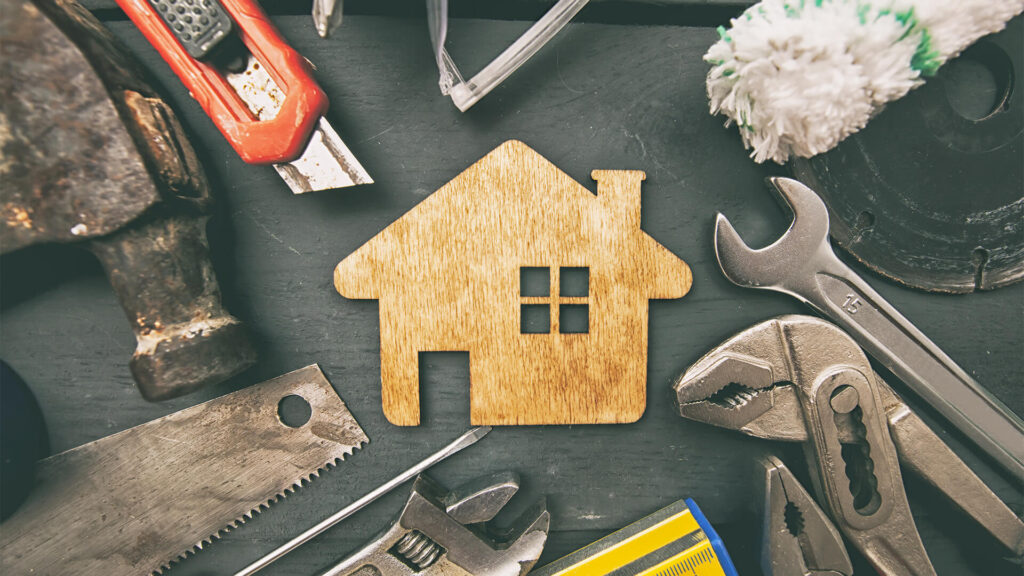If you’re broke, regular household maintenance and repairs might soon join the list of spending you avoid so that you can balance the budget.
It can seem like a good trade-off, no work and no money spent. However, routine maintenance plays an important role in the welfare of your home. Ignoring small tasks and repairs can give minor issues the time they need to evolve into significant and expensive problems.
How Can You Afford These Expenses?
Now, it’s all well and good to say that you can’t ignore your housework. You probably already intuitively know this, even if you don’t know exactly why. The harder part is finding practical ways to tackle your expensive chores when you’re broke.
If you’re just shy of what you need to take on an unexpected repair today, consider taking out a line of credit. It works a lot like a credit card, but it often comes with a higher limit.
Whatever it ends up being, you get to decide how much of it you use at once, and you’ll only pay interest and charges on the amount you use. You even get the option of making a minimum payment until you get your budget in order, so you don’t have to repay your entire purchase back in one lump sum.
If you don’t already have a line of credit waiting on standby, take a look at these tips for applying for your loan online. They’ll help you prepare for an online application, so your borrowing experience is as seamless as possible.
Why You Can’t Put Household Repairs on Hold for Long
This article isn’t meant to scare you. Depending on the issue, you can safely put off a repair or chore until payday, even if it’s a few weeks. Problems only start to become an issue when you’re chronically putting off household maintenance.

Here’s why you might want to use a line of credit to make urgent repairs.
Most Problems Grow Over Time
Barring weather disasters and bad-luck emergencies, most household damage is a slow-moving problem. An enormous crack that spans the entire dining room ceiling probably started as a tiny fissure. The attic gushing water is the last-minute symptom of a problem with your roof, which likely started with loose flashing or missing shingles.
The Bigger the Issue, the Bigger the Bill
Think about it — let’s say you diagnose your ceiling crack as a problem with your foundation. You can DIY-spackle that crack and have a professional address your foundation problems.
Now let’s pretend you didn’t take any proactive steps. Ignoring your foundation can lead to flooding, mould issues, and sagging floors. Not only will you have to address the original foundation problem and crack, but you’ll also have to repair the water and structural damage — both can add thousands to the bill.
The cost extends beyond just your repairs, too. Neglecting certain chores (like recaulking windows or tuning up your HVAC system) can lead to energy waste that increases your monthly utility bills.
Your Safety is on the Line
Don’t ignore safety issues for the sake of saving a couple of hundred bucks. Structural damage, electrical issues, and mould can pose serious health hazards for your family.
Household Maintenance is an Ongoing Chore
For now, a line of credit can help in a tricky situation. But routine maintenance is a normal responsibility of homeownership. While you may not be able to guess what you’ll have to fix next, you will have to fix something soon. Start saving a little bit of money each month, and you’ll find it easier to handle repairs without delay.






